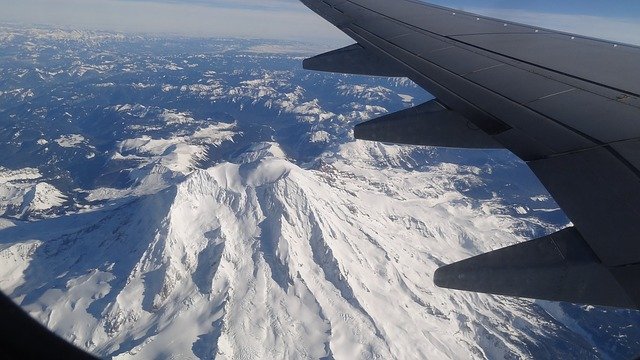
A paper published online today by Nature reports the results of a massive data-crunching study of the world’s glaciers based on 20 years of satellite observations. The data covers all of the world’s 211,000+ glaciers except the main ice sheets covering Greenland and Antarctica. The bottom line is that they are melting very fast indeed.
Of particular local interest, the report’s authors suggest that the glaciers in the Washington and Oregon Cascades may disappear completely over the next 30 years. The same is true of Montana’s Glacier National Park, and many glaciers in British Columbia and Southeastern Alaska.
Globally, about a billion people depend to some degree on glacial meltwater. Rainfall and snowmelt are much more variable sources, and glaciers have served as giant buffers, keeping water in the system regardless of annual rainfall and snowpack. The loss of glaciers also un-weights fault lines, and can lead to more severe earthquakes. Our snow-cone mountains will still look snowy in winter, but plenty of people alive today will live to see Rainier, Adams, Baker, Hood, and, of course, Glacier Peak lose their whiteness completely during the summer, the way forcefully de-glaciered St. Helen’s does now. The consequences for agricultural and other water uses are likely to be substantial. Wired magazine has published a readable summary of the fairly dense Nature story.
Discover more from Post Alley
Subscribe to get the latest posts sent to your email.
